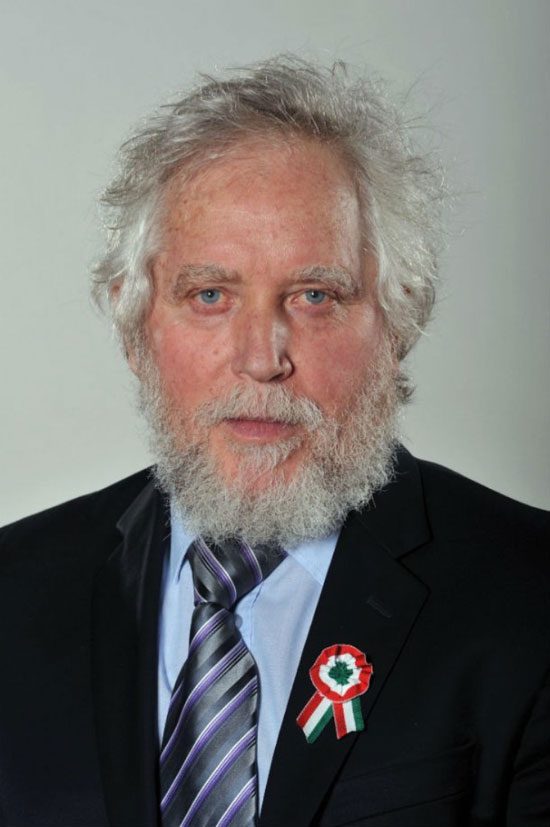The Norwegian Academy of Science and Letters awarded the Abel Prize (equivalent to the Nobel Prize in Mathematics) in 2012 to Hungarian mathematician Endre Szemerédi, according to an announcement from the Academy on March 21, 2012.
The president of the Norwegian Academy of Science and Letters, Niels Christian Stenstadvold, explained to reporters that the committee’s decision was based on Szemerédi’s contribution, stating that he “has created a revolution in discrete mathematics.”

Endre Szemerédi.
Endre Szemerédi was born in 1940 in Budapest. He came to mathematics relatively late after dropping out of medical school, working as a factory worker before enrolling in mathematics at Eötvös Loránd University in Budapest. After graduating, he continued his studies in Russia and defended his doctoral thesis at Lomonosov Moscow State University in 1970 under the guidance of Professor Israel Gelfand. Szemerédi currently works at the Alfréd Rényi Institute of Mathematics, part of the Hungarian Academy of Sciences, and is also a professor of computer science at Rutgers University in New Jersey, USA.
He is highly regarded by the international academic community as a “person with extraordinary mathematical abilities,” and his influence on various fields of mathematics is significant. He has opened up new directions for specialized areas of mathematics and laid the groundwork for several future mathematical disciplines.
In 2001, the Norwegian government announced the celebration of the 200th anniversary of Norwegian mathematician Niels Henrik Abel (1802), marking the establishment of a new award for mathematicians named the Abel Prize. The aim of this prize is to fill the gap left by the absence of a Nobel Prize in mathematics, although the Fields Medal is sometimes seen as a comparable honor. The Abel Prize comes with a monetary award of 6 million Norwegian kroner, equivalent to €740,000 or $1,000,000.


















































